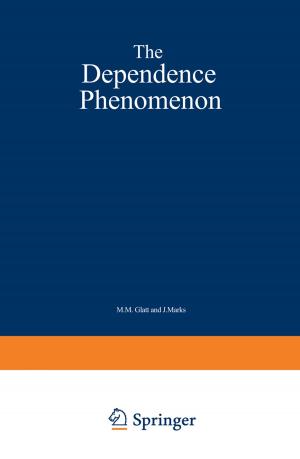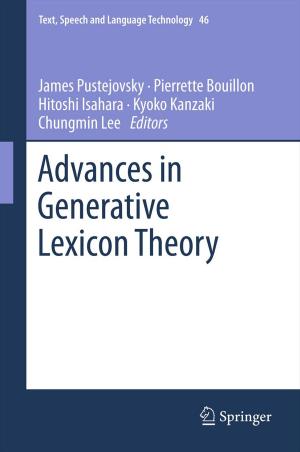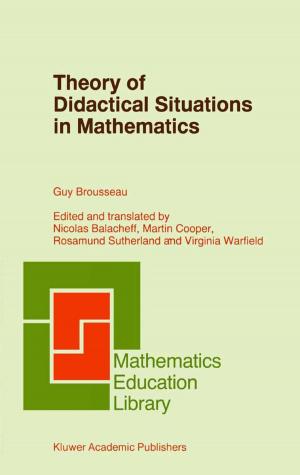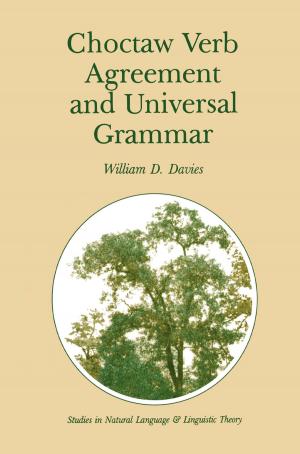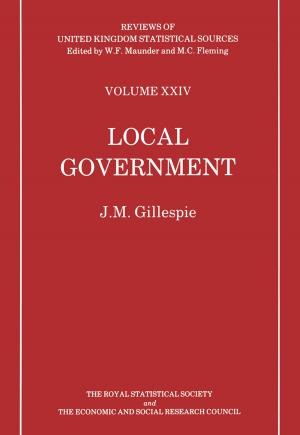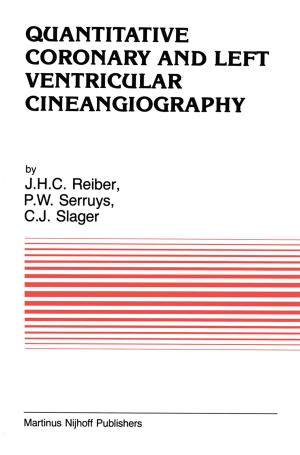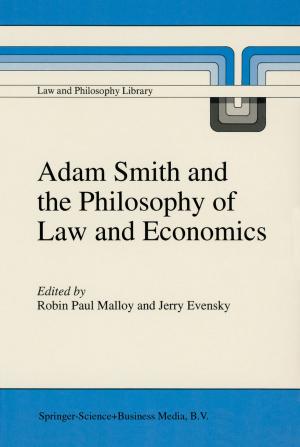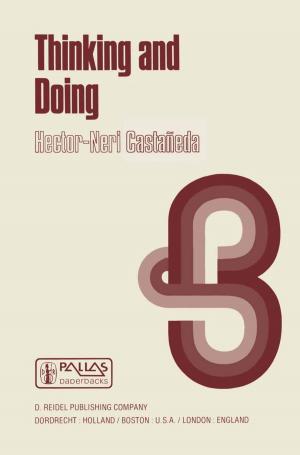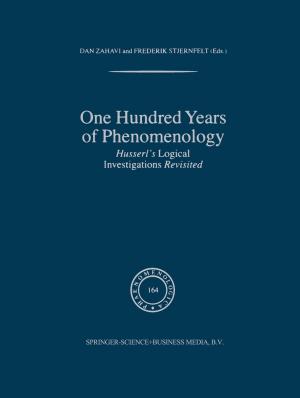The Logic of Invariable Concomitance in the Tattvacintāmaṇi
Gaṅgeśa’s Anumitinirūpaṇa and Vyāptivāda with Introduction Translation and Commentary
Nonfiction, Religion & Spirituality, Philosophy, Phenomenology| Author: | C. Goekoop | ISBN: | 9789401035118 |
| Publisher: | Springer Netherlands | Publication: | December 6, 2012 |
| Imprint: | Springer | Language: | English |
| Author: | C. Goekoop |
| ISBN: | 9789401035118 |
| Publisher: | Springer Netherlands |
| Publication: | December 6, 2012 |
| Imprint: | Springer |
| Language: | English |
The history of Indian logic is roughly divided into three periods: old Nyaya, Buddhist logic and new Nyaya. Each period is characterized by the production of some outstanding Sanskrit text. The main texts of the first and second period have been translated into, and explained in, European languages. But the principal text of the third period, GaIigesa's Tattvacintamal).i, is still not accessible through a Western language. The present book is intended to fill up this gap to some extent. The object of this study is to present both to sanskritists and to logicians an essential part of Indian logic as laid down in the first two sections of the Anumanakhal).c;la of the Tattvacintamal).i. No attention will be paid here to the doctrines of GaIigesa's predecessors and the theories developed by his commentators. Though this study is not con cerned with comparative philosophy, Western logic will be employed for the purpose of interpretation. Under Western logic I bring both traditional logic and modern logic, which, in my opinion, form one discipline of reasoning. This may account for my use of some Latin terms belonging to scholastic thought. Transliteration and translation have been made from the text of the Anumitiniriipal).a and Vyaptivada in the Bibliotheca Indica edition of GaIigesa's Tattvacintamal).i (with Mathuranatha's commentary), Part II Anumanakhal).c;la from Anumiti to Biidha, Calcutta, 1892. A photostatic copy ofthat text precedes the transliteration, translation and commentary.
The history of Indian logic is roughly divided into three periods: old Nyaya, Buddhist logic and new Nyaya. Each period is characterized by the production of some outstanding Sanskrit text. The main texts of the first and second period have been translated into, and explained in, European languages. But the principal text of the third period, GaIigesa's Tattvacintamal).i, is still not accessible through a Western language. The present book is intended to fill up this gap to some extent. The object of this study is to present both to sanskritists and to logicians an essential part of Indian logic as laid down in the first two sections of the Anumanakhal).c;la of the Tattvacintamal).i. No attention will be paid here to the doctrines of GaIigesa's predecessors and the theories developed by his commentators. Though this study is not con cerned with comparative philosophy, Western logic will be employed for the purpose of interpretation. Under Western logic I bring both traditional logic and modern logic, which, in my opinion, form one discipline of reasoning. This may account for my use of some Latin terms belonging to scholastic thought. Transliteration and translation have been made from the text of the Anumitiniriipal).a and Vyaptivada in the Bibliotheca Indica edition of GaIigesa's Tattvacintamal).i (with Mathuranatha's commentary), Part II Anumanakhal).c;la from Anumiti to Biidha, Calcutta, 1892. A photostatic copy ofthat text precedes the transliteration, translation and commentary.

